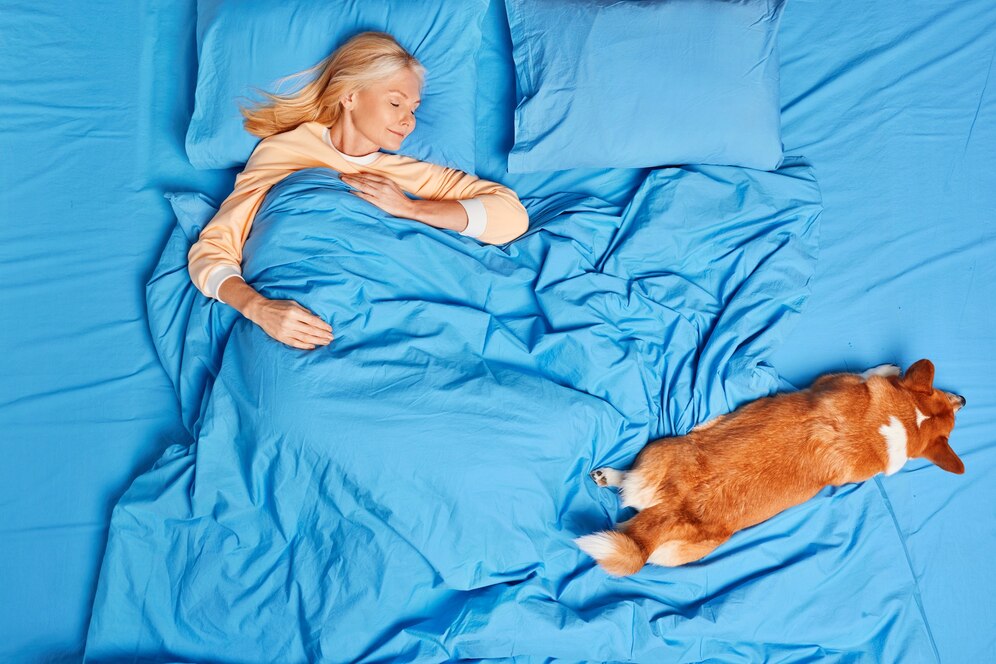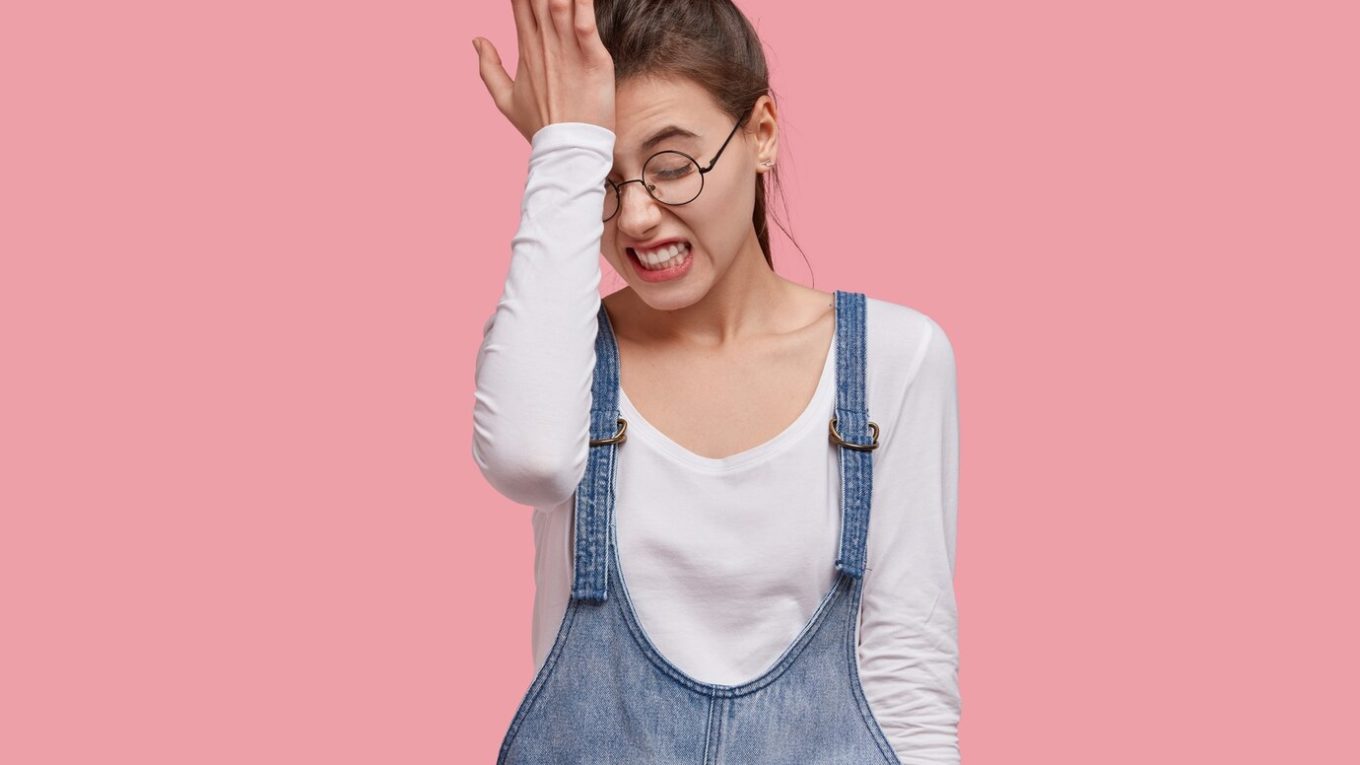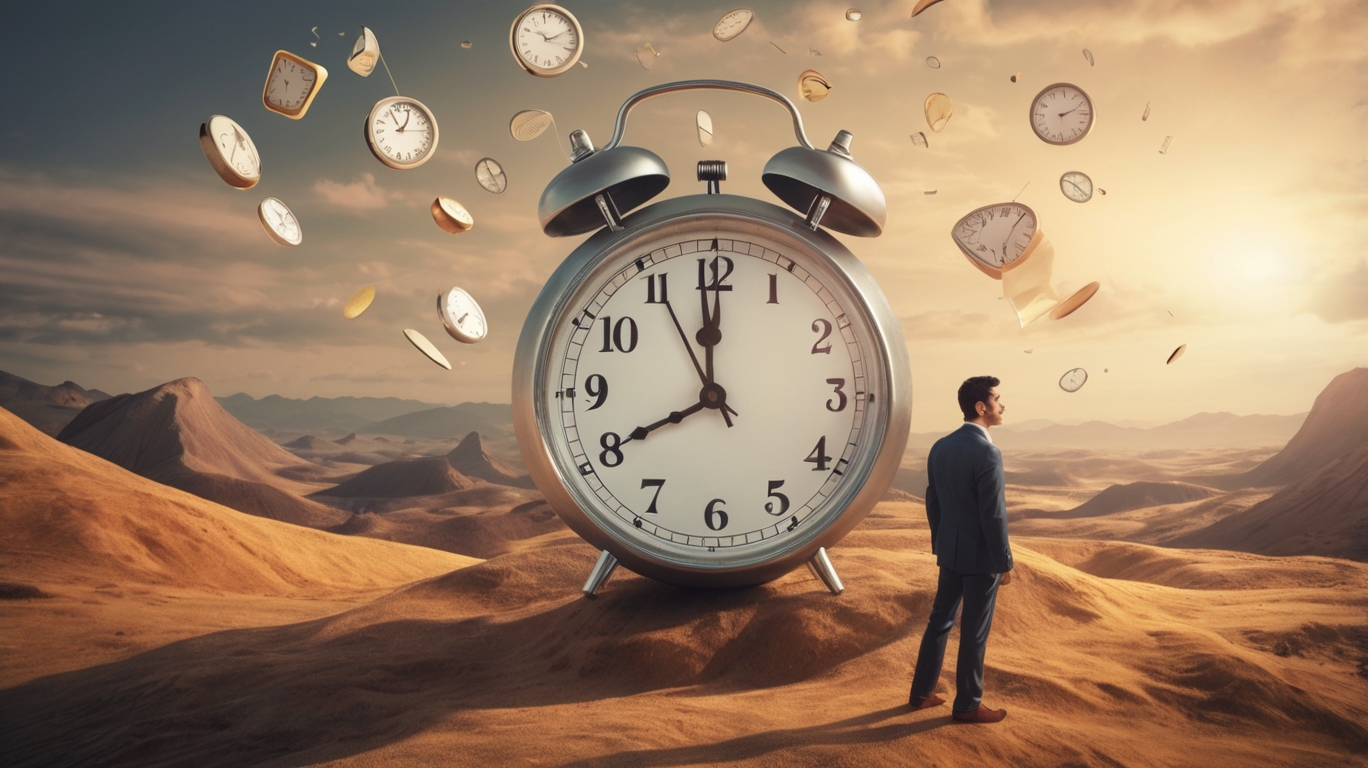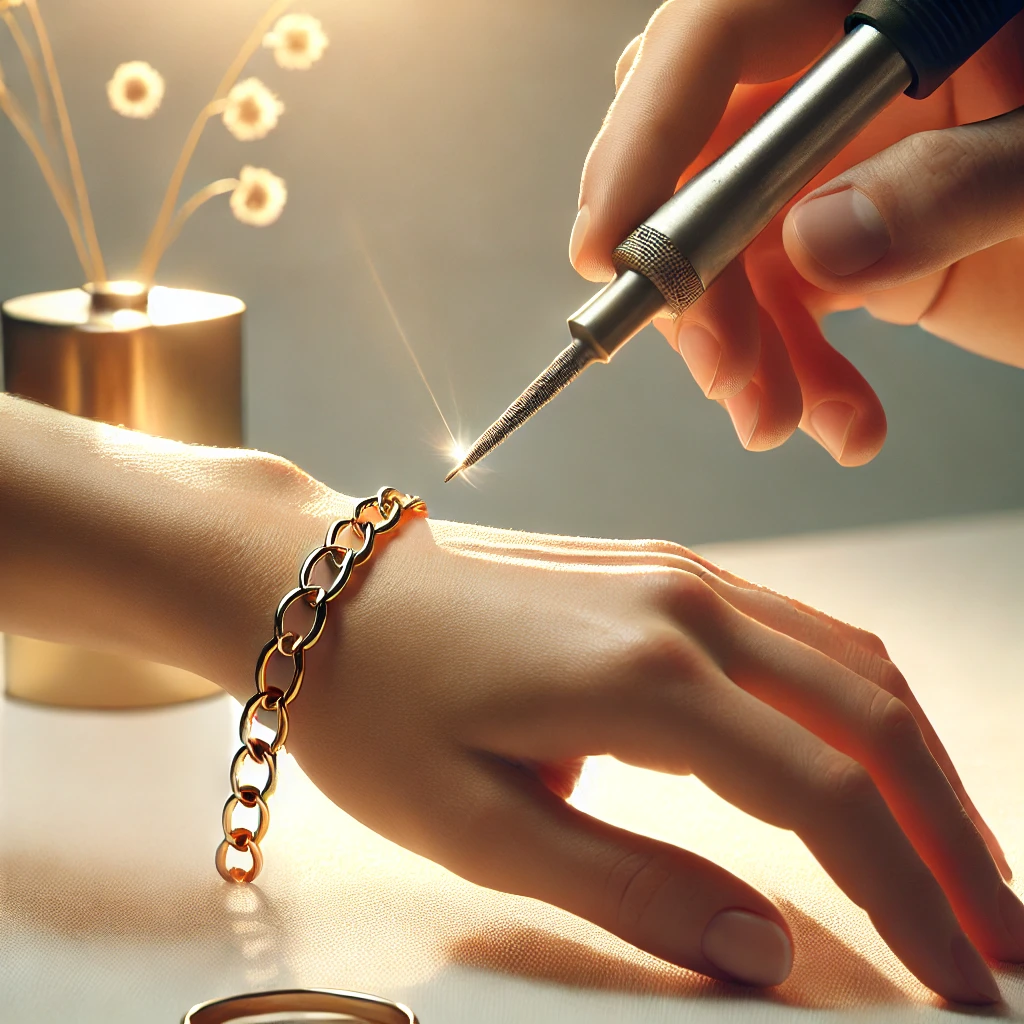30 tips to sleep well.
- Establish a regular sleep schedule and stick to it.
- Avoid caffeine, alcohol, and heavy meals before bedtime.
- Create a comfortable, cool, and dark sleep environment.
- Use white noise or calming music to block out distractions.
- Avoid screens (including phones, tablets, and TVs) at least an hour before bedtime.
- Take a warm bath or shower before bed to relax your body and mind.
- Practice relaxation techniques such as deep breathing, meditation, or yoga.
- Avoid naps during the day, especially in the late afternoon.
- Exercise regularly, but avoid strenuous workouts close to bedtime.
- Avoid medications that can interfere with sleep, such as certain cold and allergy medicines.
- Make sure your mattress and pillows are comfortable and supportive.
- Consider using earplugs or a sleep mask to block out noise and light.
- Create a bedtime routine to signal to your body that it’s time to sleep.
- Keep your bedroom cool, between 60-67°F (15-19°C), as a cooler environment can help you sleep better.
- Avoid using electronic devices in bed, as the blue light they emit can interfere with your body’s natural sleep-wake cycle.
- Consider using a white noise machine or app to help you fall asleep.
- Avoid looking at the clock if you can’t fall asleep, as this can cause anxiety and make it harder to fall asleep.
- Avoid drinking too much water before bed, as this can lead to frequent trips to the bathroom.
- Avoid eating large meals close to bedtime, as this can cause indigestion and discomfort.
- Avoid drinking alcohol before bed, as it can interfere with the quality of your sleep.
- Avoid drinking caffeine in the afternoon and evening, as it can stay in your system for several hours and interfere with your sleep.
- Avoid using your bed for activities other than sleep and sex, as this can make it harder for your brain to associate your bed with sleep.
- Avoid drinking too much fluid before bed, as this can lead to frequent trips to the bathroom and disrupt your sleep.
- Consider trying natural sleep aids such as melatonin or valerian root.
- Avoid using your phone or other electronic devices in bed, as the blue light they emit can interfere with your body’s natural sleep-wake cycle.
- Avoid staying in bed if you can’t fall asleep, as this can lead to frustration and make it harder to fall asleep.
- Avoid napping during the day, as this can interfere with your ability to fall asleep at night.
- Avoid using your bed as a workspace, as this can make it harder for your brain to associate your bed with sleep.
- Avoid watching TV or using a computer in bed, as the blue light they emit can interfere with your body’s natural sleep-wake cycle.
- Avoid doing anything stimulating before bed, such as playing games or engaging in intense conversations, as this can make it harder to fall asleep.
Photo: Freepik.com




